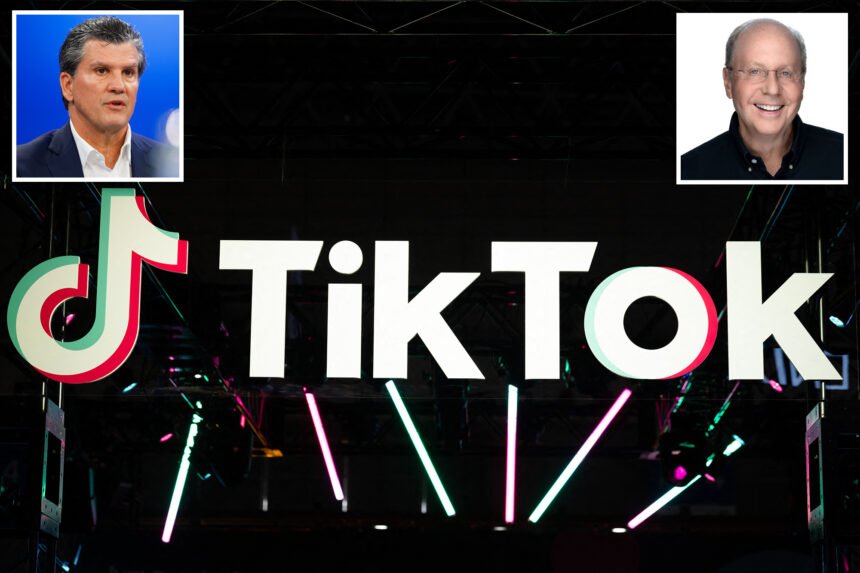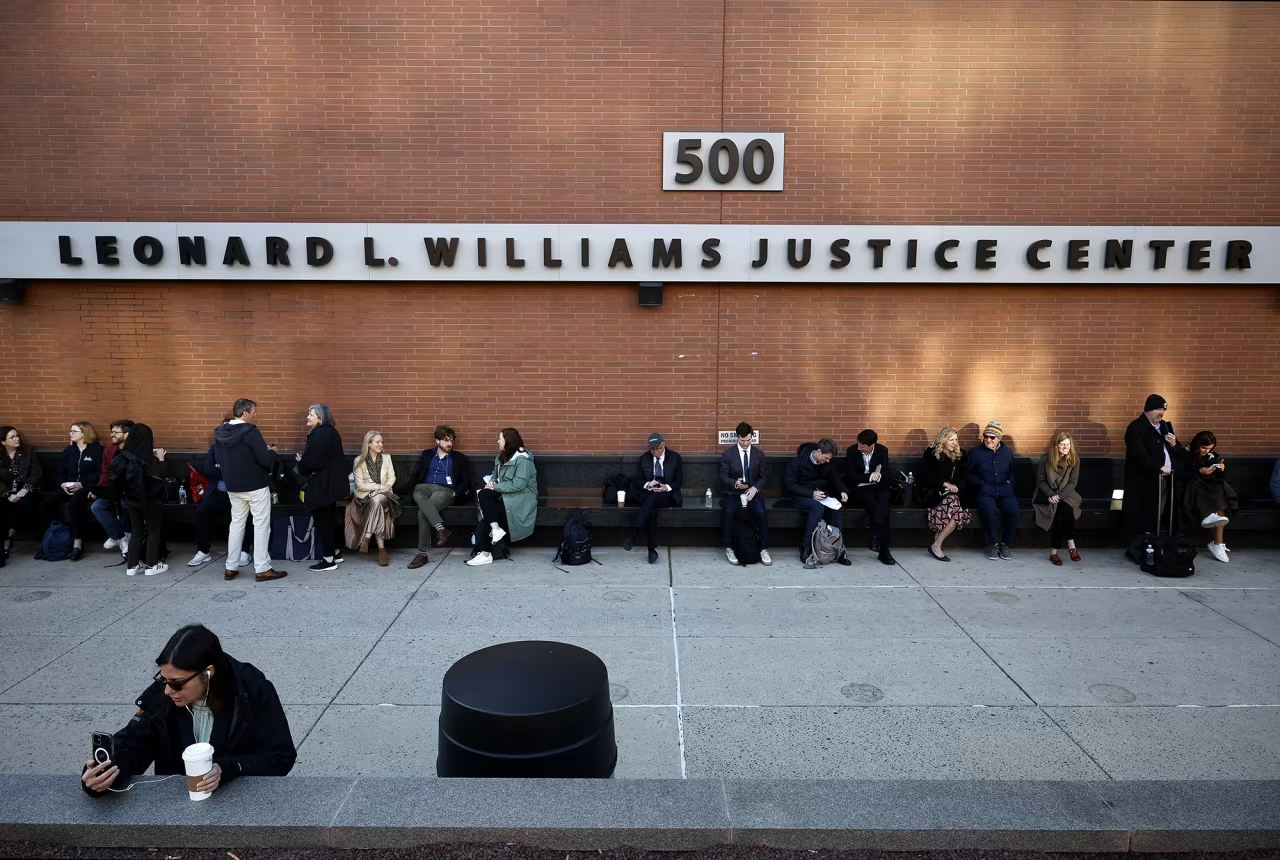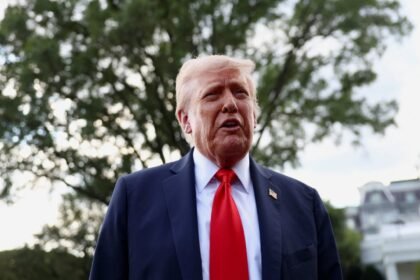TikTok Deal Faces Unforeseen Challenges Amid Congressional Scrutiny
The much-anticipated TikTok deal, championed by former President Donald Trump, is encountering significant hurdles as it navigates the complex landscape of U.S. investment, taxation, and national security concerns. Key players in the financial sector, including billionaire investors, are now facing potential backlash from Congress, raising questions about the viability of a U.S.-controlled TikTok.
The Stakes Involved
At the heart of the controversy are prominent investors such as Jeff Yass, the head of Susquehanna International Group, and Bill Ford of General Atlantic Partners, both of whom have substantial stakes in ByteDance, TikTok’s parent company based in Beijing. These investors are reportedly considering a strategy to “roll” their existing shares into a newly formed U.S.-controlled entity. However, this maneuver could expose them to hefty capital gains taxes, should they be compelled to divest their current holdings.
The stakes are high, with Susquehanna reportedly holding a 15% stake in ByteDance, while General Atlantic’s position is similarly significant. KKR, another major player in private equity, holds approximately 1.7%. The potential for these investors to maintain their stakes while transitioning to a U.S.-controlled TikTok raises legal and ethical questions that Congress is now scrutinizing.
Congressional Concerns
In recent days, members of Congress, particularly those aligned with a more hawkish stance on China, have expressed skepticism regarding the proposed framework for a U.S.-led TikTok. Their concerns center on whether the deal genuinely ensures that the new entity will be free from Chinese influence. The legislation aimed at banning TikTok if it remains tied to China is a critical backdrop to this debate.
One insider noted, “If these guys who hold ByteDance stock want in, they are probably going to have to sell.” The fear is that if the new company appears to be predominantly owned by Chinese interests, it could provoke a strong backlash from lawmakers.
Legal Interpretations and White House Position
The White House maintains that the proposed deal complies with existing laws. A source within the administration stated, “There is no way the law prevents U.S. investors from controlling the new company using their Chinese shares.” This assertion hinges on the interpretation that U.S. investors, even with Chinese shares, do not constitute a majority Chinese ownership, which is capped at 19.9%.
However, skepticism remains among various stakeholders. Some investors worry that the structure of the deal could inadvertently lead to a situation where Chinese shares dominate the new entity, undermining the very purpose of the proposed separation from ByteDance.
Potential Solutions and Compromises
As the situation unfolds, several potential solutions are being discussed. One option is for Yass, Ford, and KKR to retain their ByteDance shares while making new investments in the U.S. company, which is estimated to be valued at around $50 billion. This approach could appease congressional concerns while allowing these investors to maintain a foothold in the lucrative TikTok market.
Another possibility is a partial rollover of their shares, which could result in ByteDance shares comprising up to 49% of the new entity. This arrangement might satisfy lawmakers who are wary of any lingering Chinese influence.
The Algorithm Dilemma
A significant aspect of the negotiations involves the control of TikTok’s algorithm, which curates content based on user preferences. This algorithm has been a focal point of national security concerns, with lawmakers alleging that it could be exploited for espionage by the Chinese government. Recently, Chinese President Xi Jinping has reportedly agreed to allow U.S. tech giant Oracle to take control of this critical component, a move that could alleviate some concerns but also complicates the ownership structure.
Historical Context and Comparisons
The TikTok saga is not an isolated incident but rather part of a broader narrative concerning U.S.-China relations and the increasing scrutiny of foreign investments in American technology. The debate over TikTok mirrors past controversies surrounding companies like Huawei and ZTE, which faced similar allegations of espionage and national security threats.
Historically, the U.S. has taken a cautious approach to foreign investments, particularly from nations deemed adversarial. The Committee on Foreign Investment in the United States (CFIUS) has been instrumental in reviewing and blocking transactions that could pose risks to national security. The TikTok deal is likely to undergo similar scrutiny, as lawmakers weigh the implications of allowing a platform with millions of American users to remain under any degree of foreign control.
Conclusion
As the TikTok deal progresses, the interplay between investment, taxation, and national security will continue to shape its outcome. With significant financial interests at stake and mounting congressional scrutiny, the path forward remains fraught with challenges. Investors and lawmakers alike will need to navigate a complex landscape to ensure that the final agreement aligns with both economic interests and national security imperatives. The resolution of this high-stakes negotiation will not only impact the future of TikTok but also set a precedent for how foreign investments in technology are managed in an increasingly polarized geopolitical climate.










